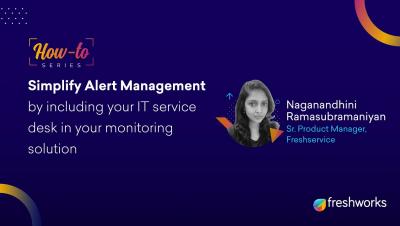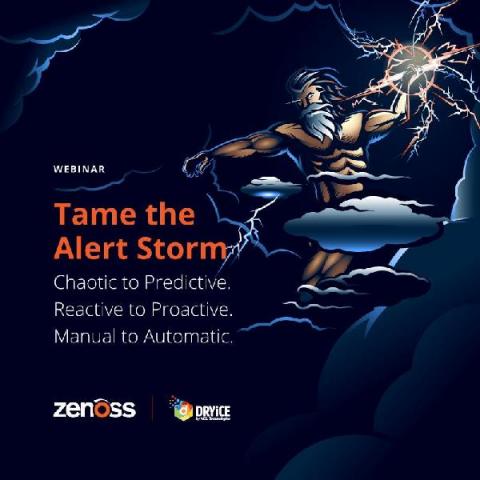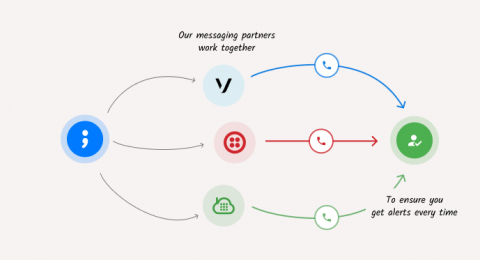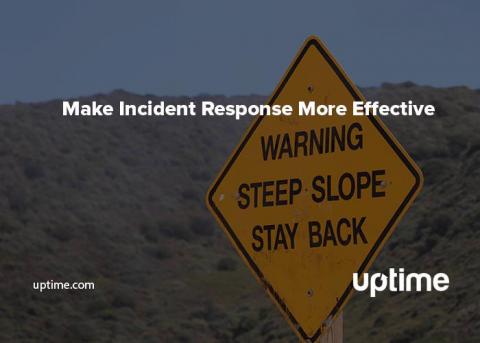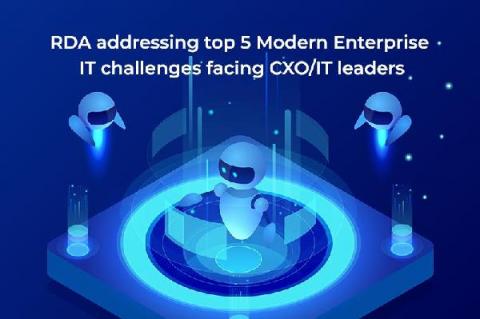Operations | Monitoring | ITSM | DevOps | Cloud
Alerting
Tame the Alert Storm
Introducing the Spike.sh Alert Reliability Engine
At Spike.sh, our mission is to help dev teams understand and resolve production issues faster. At the core of this is our Alert Reliability Engine, whose job is to make sure that a team member always gets an alert on their preferred channel. Currently, we support 7 channels - phone call, SMS, mobile push notifications, email, Slack, Microsoft Teams and Discord. We wanted to give you a peek into how we achieve high deliverability across these channels.
How Alert Notifications Make Incident Response More Effective
HR people have a saying: right person, right place, right time, meaning that the right resources can make all the difference when it counts. The same goes for Incident management and response, where very often the wrong person, place, or time can contribute to mounting catastrophe. As systems grow, the right person really can make the difference during an outage simply due to command or knowledge of the system.
Working with Signl4 Multi-Teams
Have You Herd? | Episode 3: Observability from Bare Metal to Cloud
A summary of our third Moogsoft engineering Twitch Stream chatting about all things DevOps
5 features you must have in your status page for effective incident communication
Have you been a frustrated customer at the end of the service line waiting to achieve a resolution for your problem? After all the waiting, you'll hear a voice giving you a standard response: your request will be addressed and resolved soon. An incident need not be a harrowing experience, but can be turned into a positive customer experience using customizable and publicly accessible status pages for timely incident communication.
Managed Service Provider - How AlertOps Helps MSP Scale Digital Transformation Initiatives.
What's New: Introducing Delay Notifications to Control Alert Fatigue
The OnPage team is pleased to announce a new feature to the enterprise web console: Delay Notifications. With this new addition, organizations have the option to queue messages for specific time periods, delivering messages at the end of the Delay Notification schedule. The latest feature is designed to alleviate alert fatigue and improve work-life balance for incident respondents.


